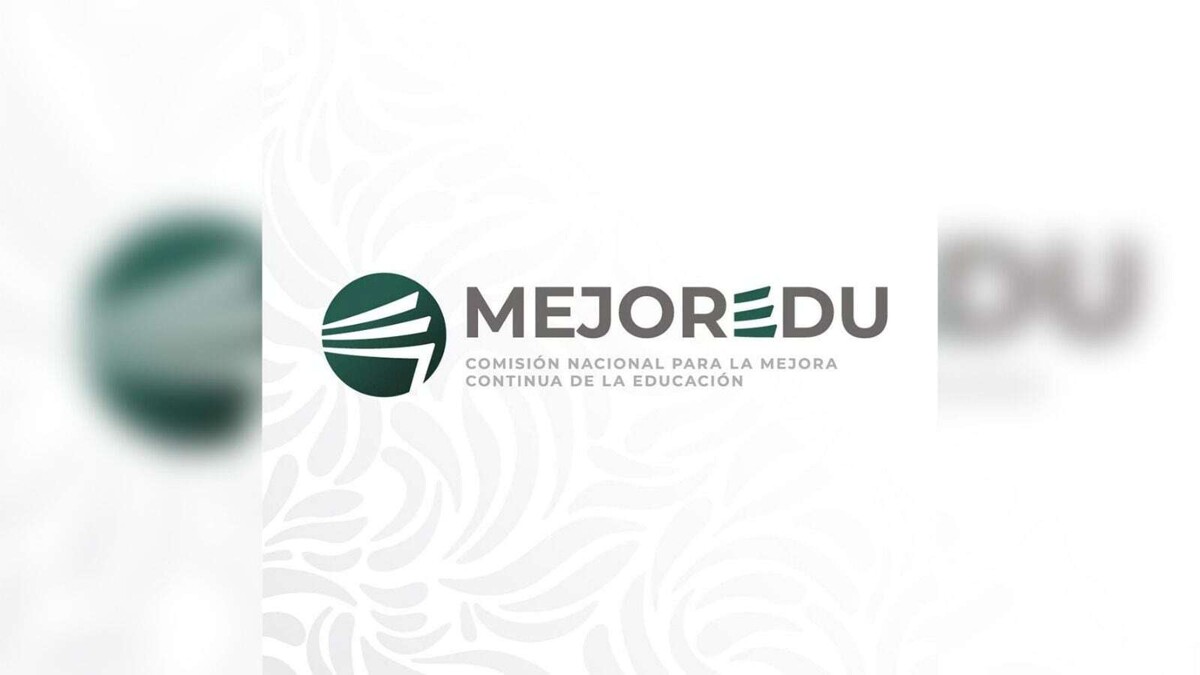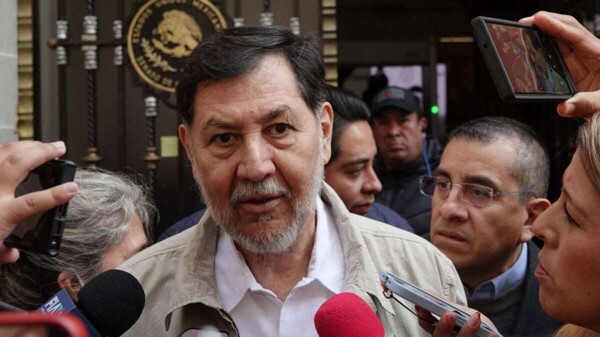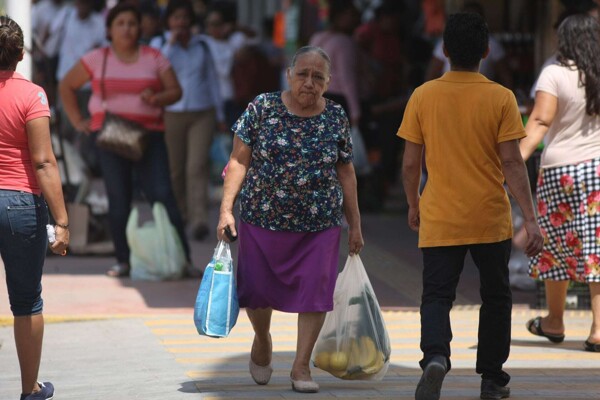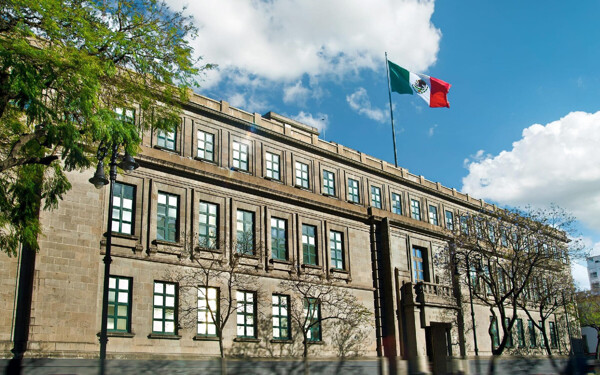
The disappearance of the National Institute for the Evaluation of Education (INEE) in 2019 marked a drastic change in Mexico's educational policy, losing the capacity to evaluate the education system autonomously. This has raised concerns about the assessment of learning and school improvement, especially with the recent elimination of Mejoredu.
Patricia Vázquez del Mercado, Executive President of Mexicanos Primero, points out that this decision represents a setback in educational evaluation in Mexico and emphasizes the urgency to prioritize the continuous improvement of the education system and the quality of education for millions of students in the country.
The disappearance of Mejoredu as the body responsible for designing continuous improvement policies, training teachers, and promoting educational research has left an institutional void in educational improvement. Unlike INEE, Mejoredu did not operate with full independence, which raised doubts about the impartiality of its evaluations and studies.
The decision to absorb the powers of Mejoredu by the Ministry of Public Education (SEP) has raised concerns about increased centralization of functions and the risk of politicization in educational decision-making. The budget cuts to Mejoredu have affected its ability to carry out fundamental evaluations, raising questions about the future of continuous improvement in Mexican education.
Amid this scenario, the importance of having an independent body with adequate resources to conduct critical diagnostics and design evidence-based policies is highlighted. Transparency in reports on quality, equity, and educational performance is essential to drive effective improvements in the Mexican educational system.














